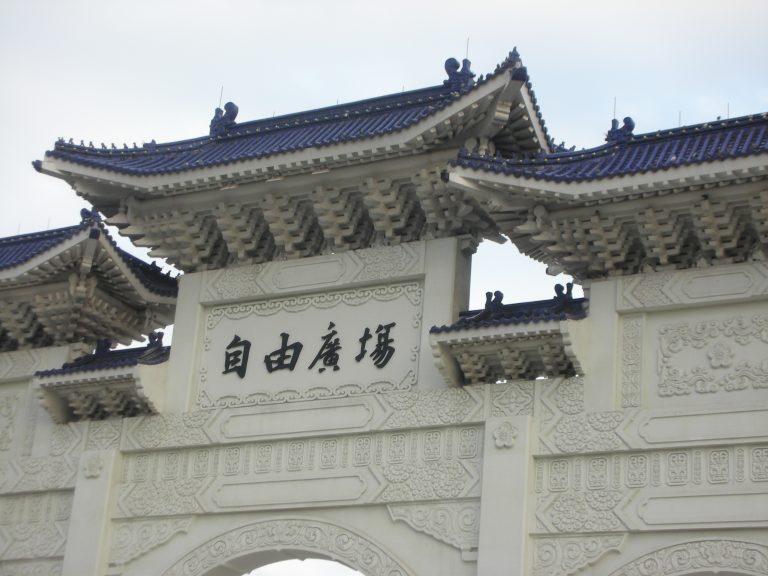Taiwan has been the leading democratic star of Asia. However, it seems this star has dulled since President Ma Ying-jeou (馬英九) was elected. Violations of freedoms have caused concern and Ma has fundamentally changed policy toward China which is intended to make the world regard Taiwan and China as one
By Michael Danielsen, Chairman of Taiwan Corner, Copenhagen, Denmark.
Published in Taipei Time on Wednesday, 21 January, 2009.
Taiwan has been the leading democratic star of Asia. However, it seems this star has dulled since President Ma Ying-jeou (馬英九) was elected. Violations of freedoms have caused concern and Ma has fundamentally changed policy toward China which is intended to make the world regard Taiwan and China as one.
Taiwan’s independence appears reduced when Ma states that China consists of both Taiwan and the People’s Republic of China. He adds that he is president of the Republic of China (ROC), which consists of Taiwan and the People’s Republic of China (PRC). At least this is how outsiders have to interpret Ma when he states that the ROC consists of the Taiwan area and the mainland area. This is because the world has recognized that the government of the PRC rules what Ma denotes as the mainland and that Ma is not the president of the PRC. Ma has violated his promise of a pro-Taiwan future.
Ma wants us to think about China when we talk about Taiwan and his strategy is working. We think about China after negotiations between China and Taiwan, when pandas were sent to Taiwan, when Ma finds comfort in the outdated constitution and when Beijing probably helps Taiwan into the WHO.
Taiwan is becoming more Chinese when the name of the postal system name is changed back to China Post and when Chinese actors may be allowed to work in Taiwan.
By mentioning China when we talk about Taiwan, the intention is that we will think that Taiwan is Chinese and Taiwanese have to realize the economic and cultural benefits of being part of China.
All this leads to Ma’s vision of a common market with China.
However, the Taiwanese will never accept a common market because it will be the same as the Hong Kong model which most Taiwanese don’t want.
It is also worrying to see that Amnesty International and the International Federation of Journalists are worried about civil rights in Taiwan and that esteemed persons are writing open letters to the minister of justice about violations of freedom and rights.
Seen from outside, this is not the Taiwan I and many others have come to know.



